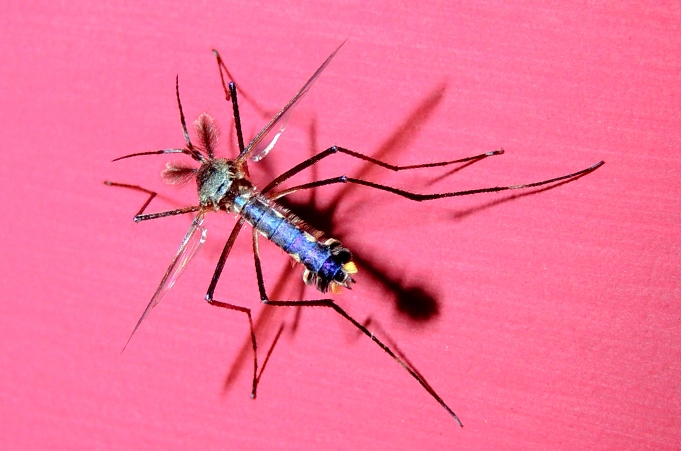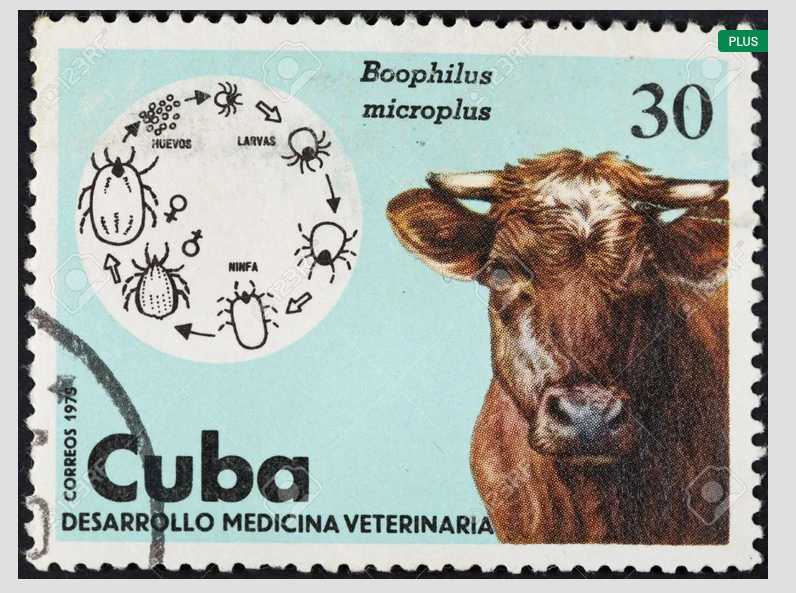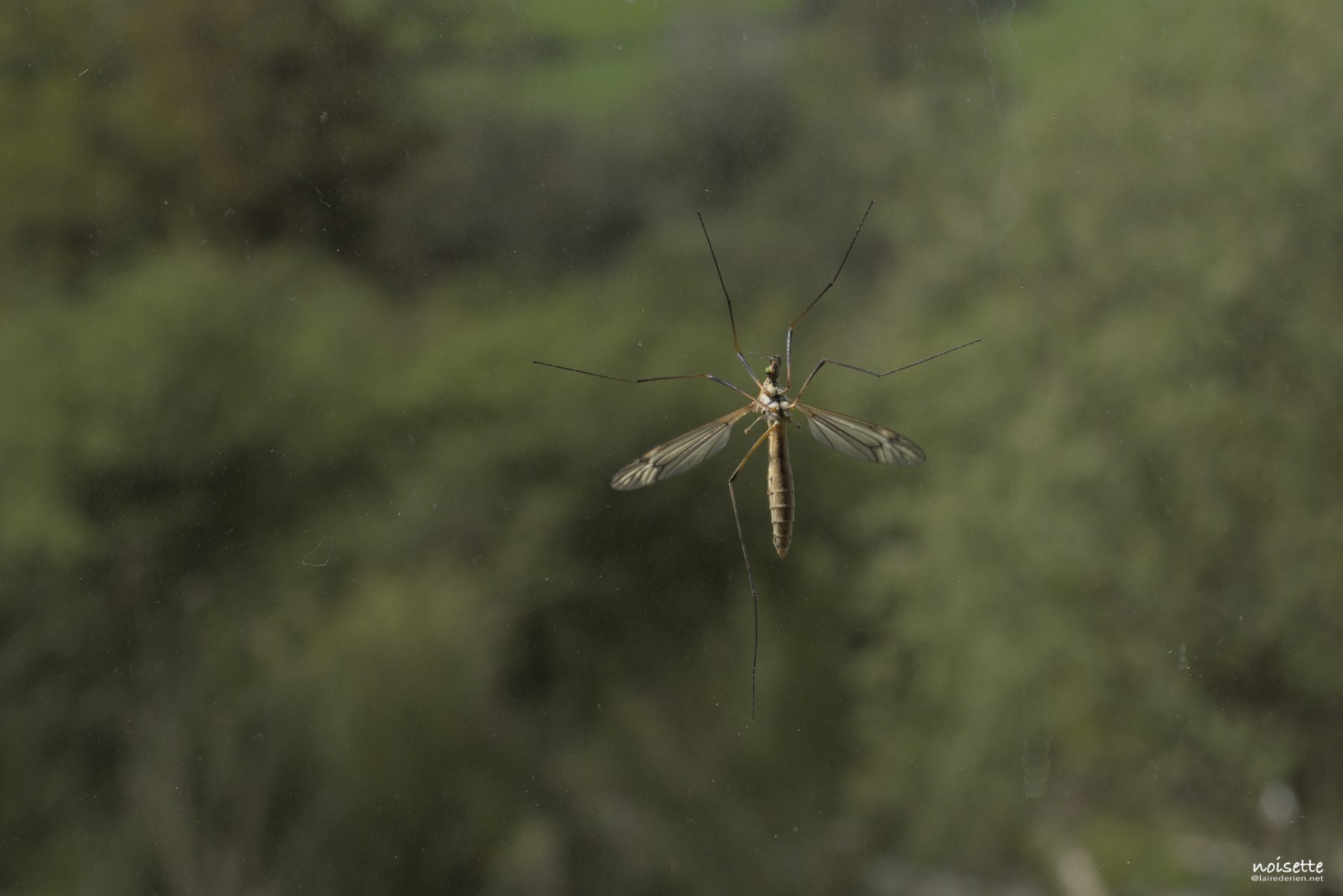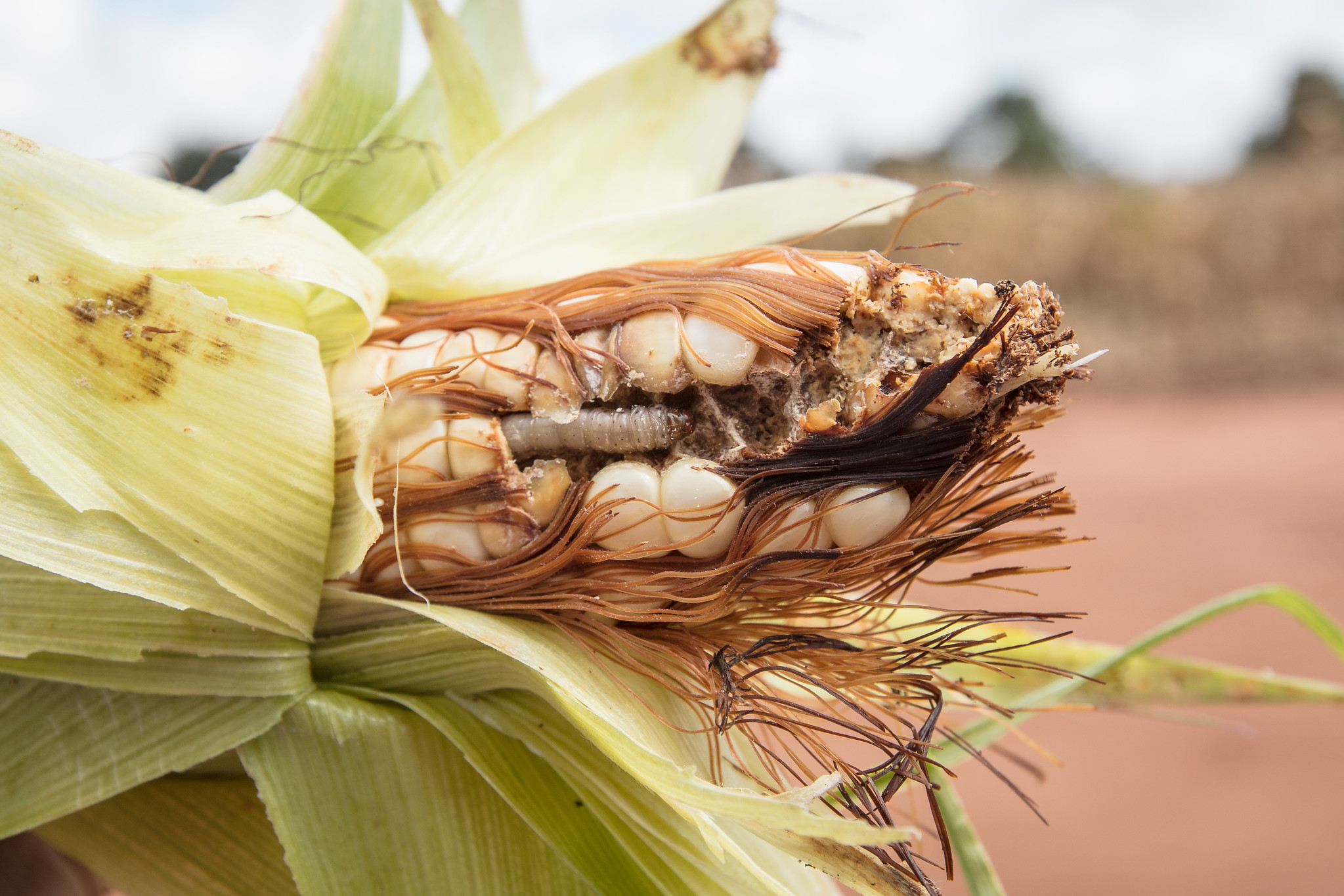GMO animals : the logical continuation of intensive farming
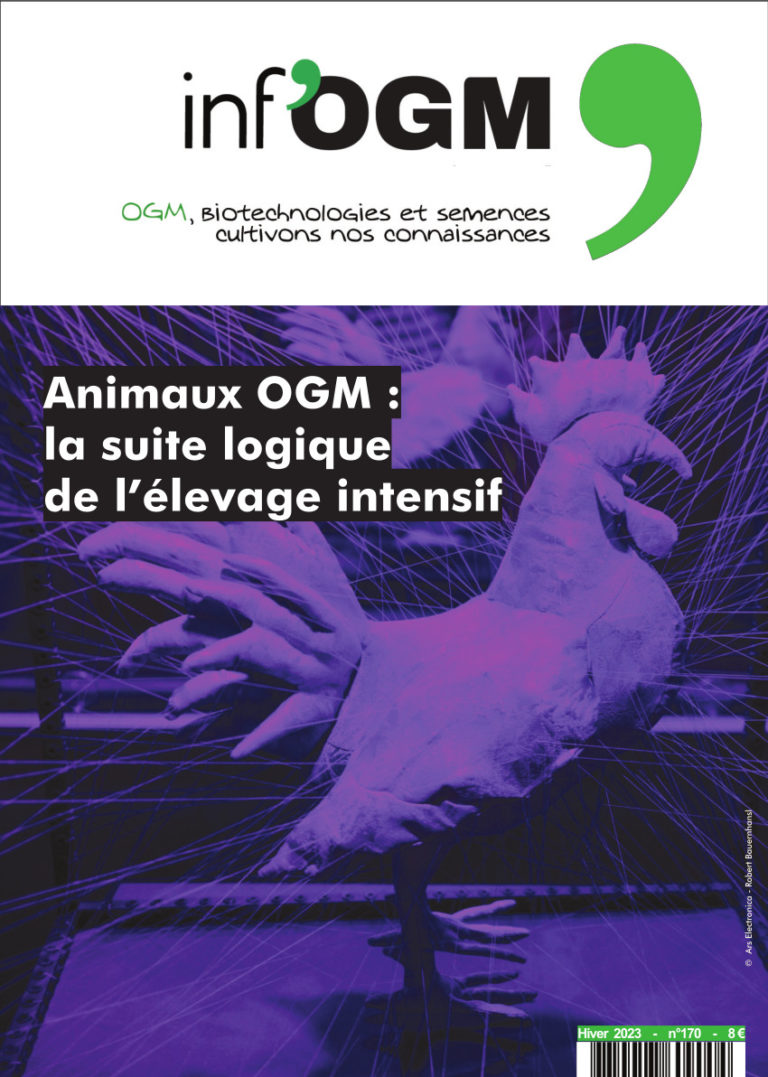
The current trend is for livestock farms to obey the « triptych » : digital, robotic, genetic technologies. This is in the name of innovation, profitability and, curiously, in the name of “animal welfare” [1].
Currently, very few GM animals are marketed and sales remain very low. As with plants, genetic engineering aims to accelerate the selection of certain traits considered interesting by humans : it is a quantitative and qualitative leap in animal domestication. However, at the same time, for livestock, undesirable effects are accumulating. Indeed, sold as ethical improvements [2] or to produce more meat with fewer resources [3], these modifications are imposed to the detriment of animal welfare, its physical integrity, its health and the ancestral relationships it has with humans. Some authors from INRAE [4] believe that genetic modifications “renew [the ethical questions linked to the “use” [of animals for the benefit of humans] and exacerbate them“ [5].
The ethical question arises as well the question of reification of animals to the service of human health. Some animals are genetically modified to test treatments, others are used as drug or organ factories [6]. And the transgenic mosquito [7], sold to fight dengue fever or malaria, is an excellent Trojan horse to promote the social acceptability of this technology. Behind this « friendly » mosquito are an array of projects to sterilise insects that parasitise crops. These insects make up for the failures of intensive agriculture. The extinct animals are also factors of acceptability. Called « de-extinction », this phenomenon gathers a huge amount of money, and poorly conceals economic and political issues [8].
Beyond ethics and animal welfare, this dossier will show how genetic modifications accelerate the privatisation of living organisms, capitalistic concentration, and the loss of autonomy of breeders [9].
In the end, these GMO animals are at best band-aids on wooden legs, at worst attempts to perpetuate a agro-industrial system on its way out. They are part of the paradigmatic continuity of industrial livestock farming, of a reductive medicine and ecology, as practised for at least 50 years.







